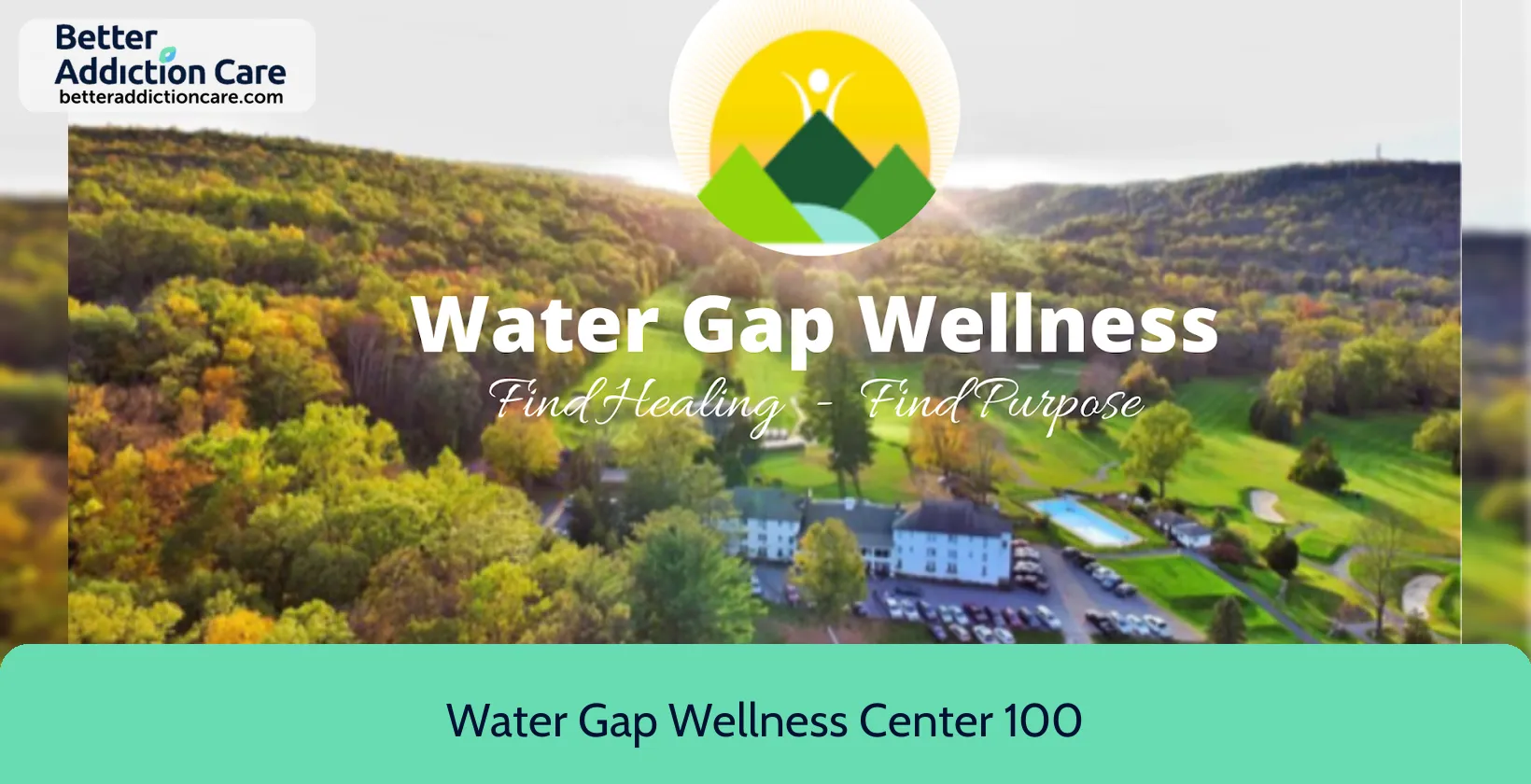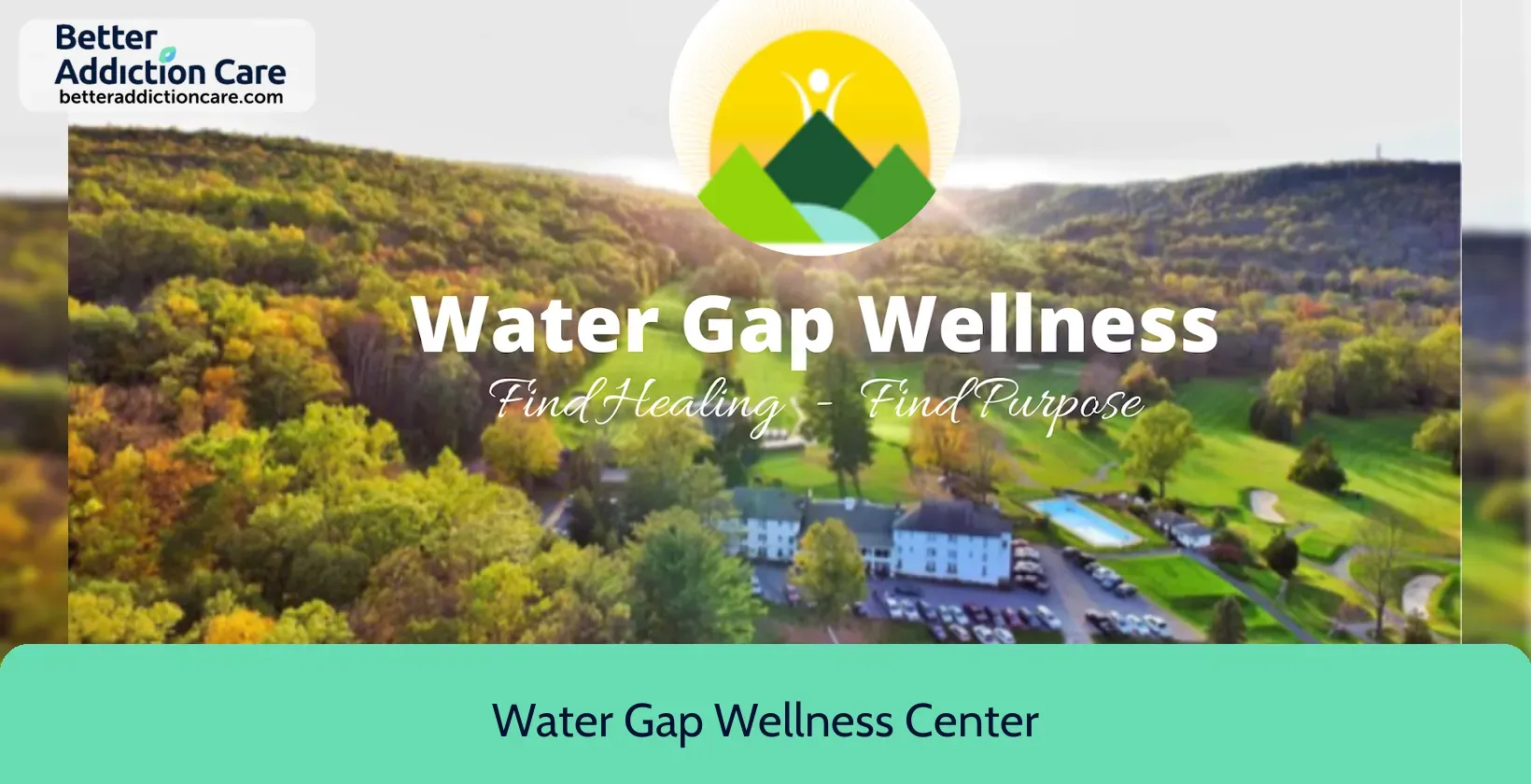PA Treatment and Healing (PATH)

Overview
PA Treatment and Healing (PATH) is a substance abuse treatment center for people seeking treatment near Monroe County. As part of their treatment modalities for recovery, PA Treatment and Healing (PATH) provides cognitive behavioral therapy, telemedicine/telehealth therapy, and substance use disorder counseling during treatment. PA Treatment and Healing (PATH) is located in East Stroudsburg, Pennsylvania, accepting cash or self-payment for treatment.
PA Treatment and Healing (PATH) at a Glance
Payment Options
- Cash or self-payment
- Medicaid
- Private health insurance
- Sliding fee scale (fee is based on income and other factors)
- Monthly
Assessments
- Screening for tobacco use
- Comprehensive substance use assessment
- Interim services for clients
- Outreach to persons in the community
- Screening for mental disorders
Age Groups
- Adolescents
- Young adults
Ancillary Services
- Case management service
- Mental health services
- Social skills development
Highlights About PA Treatment and Healing (PATH)
6.88/10
With an overall rating of 6.88/10, this facility has following balanced range of services. Alcohol Rehabilitation: 8.00/10, Drug Rehab and Detox: 6.00/10, Insurance and Payments: 6.53/10, Treatment Options: 6.97/10.-
Alcohol Rehabilitation 8.00
-
Treatment Options 6.97
-
Insurance and Payments 6.53
-
Drug Rehab and Detox 6.00
Accreditations
State department of health:

Government agencies issue State Licenses, which grant rehabilitation organizations permission to conduct their operations lawfully within specific geographic regions. Licenses needed to operate are typically determined by the type of rehabilitation program offered by the facility and its physical location.
SAMHSA certification for opioid treatment program (OTP):
Accreditation by the Substance Abuse and Mental Health Services Administration (SAMHSA) for Opioid Treatment Programs (OTPs) signifies that a program has met strict standards for providing high-quality care to individuals with opioid use disorders. It assures patients, families, and communities that the OTP follows evidence-based practices, employs qualified staff and maintains a safe and effective treatment environment. This accreditation reflects the program's commitment to addressing the opioid epidemic and promoting recovery.
Treatment At PA Treatment and Healing (PATH)
Treatment Conditions
- 24-Hour Clinical Care
- Alcoholism
- Substance use treatment
Care Levels
- Outpatient
- Regular outpatient treatment
- Hospital inpatient/24-hour hospital inpatient
- Aftercare
Treatment Modalities
- Cognitive behavioral therapy
- Telemedicine/telehealth therapy
- Substance use disorder counseling
- Group counseling
- Family counseling
Ancillary Services
Additional Services
- Pharmacotherapies administered during treatment
- Housing services
- Drug or alcohol urine screening
Special Programs
- Clients with co-occurring mental and substance use disorders
- Criminal justice (other than DUI/DWI)/Forensic clients
Get Help Now
Common Questions About PA Treatment and Healing (PATH)
Contact Information
Other Facilities in East Stroudsburg

7.33

6.65
DISCLAIMER: The facility name, logo and brand are the property and registered trademarks of Water Gap Wellness Center, and are being used for identification and informational purposes only. Use of these names, logos and brands shall not imply endorsement. BetterAddictionCare.com is not affiliated with or sponsored by Water Gap Wellness Center.
